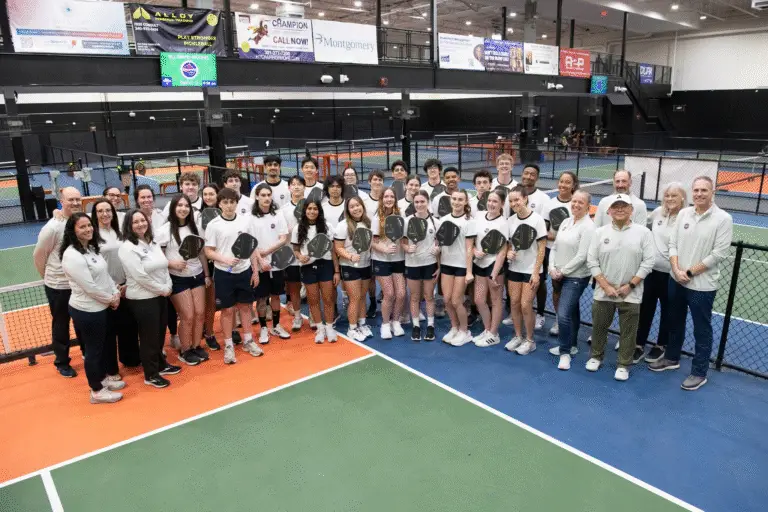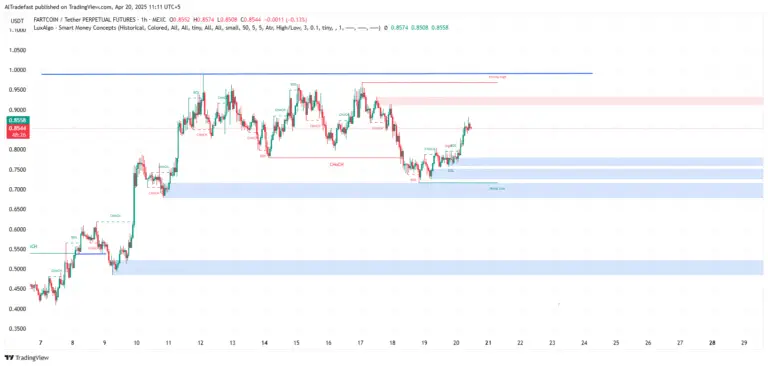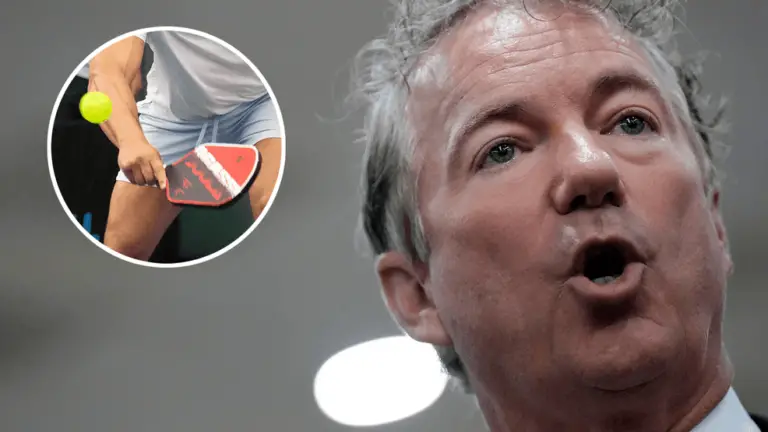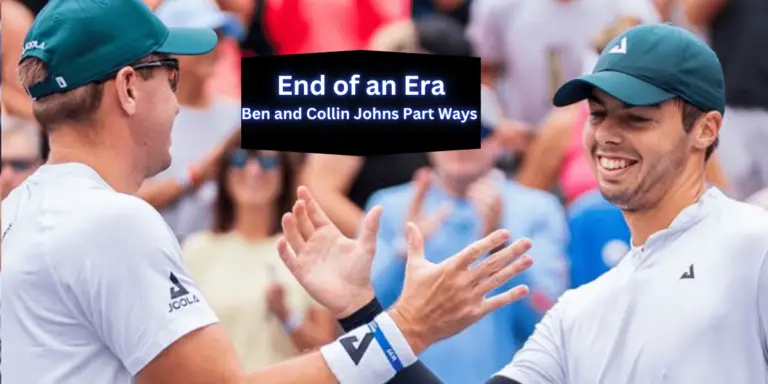How Christian Alshon Balances Side Hustles and Pro Aspirations
During the COVID-19 pandemic, many people sought out side hustles to make extra money and stay engaged, and Christian Alshon was no exception. In 2020, with his summer tennis teaching gigs canceled due to lockdowns, he decided to explore a different avenue for income.
“I became an Uber Eats driver because I needed a job,” he explained. “One of my friends had been doing it and was earning between $11 and $17 an hour, which sounded promising to me.”
Navigating the Pandemic: A Shift to Deliveries
Driving around in his father’s Ford Explorer, Alshon quickly discovered a way to enhance his earnings. “I found that by taking shorter trips and focusing on better neighborhoods, I could earn almost $20 an hour,” he revealed. “Staying compact in those nice areas not only helped me complete more deliveries quickly, but it also meant better tips and happier customers.”
Over three months, Alshon completed about 600 orders, achieving an impressive 97% customer satisfaction rating. He not only honed his delivery skills but also found joy in the work. The flexibility of the job allowed him to multitask; he could listen to educational podcasts and audiobooks while driving, making productive use of his time as he pursued his economics degree.
Reflecting on the experience, Alshon said it taught him valuable lessons about entrepreneurship and adaptability during challenging times. The hustle not only provided financial relief but also kept him motivated and connected to his academic goals.
Maximizing Earnings: Strategies for Success
“I would do Uber Eats from 6 a.m. to noon, which was prime time for Uber Eats,” said Alshon. “By then, I already made $100 that day, which is solid for a college kid.”
He didn’t just use his earnings for fun; instead, Alshon chose to invest in stocks. This decision reflected his commitment to financial literacy and long-term planning. By putting his studies at the University of Chicago to practical use, he was applying the economic principles he learned in the classroom to real-world scenarios.
Budgeting Basics: Lessons Learned on the Road
“I had learned how to budget and create an income statement. To this day, every dollar I make, I budget,” he confirmed. “The money I made through Uber Eats and the stock market paid for traveling to pickleball tournaments at the beginning of my pro career.”
One solid move that paid dividends, in the long run, was Alshon’s decision to invest a portion of his Uber Eats earnings in stocks. This choice not only showcased his maturity but also reflected a clear vision for his financial future.
“I think the biggest reason why college and pro athletes struggle is because they don’t know how to budget and manage their money,” he mentioned.
The Cost of Aspiration: Financial Responsibility in Sports
With that in mind, Alshon emphasizes the importance of financial responsibility for anyone aspiring to turn pro in pickleball. “It’s more costly than you think,” he warns, highlighting expenses like training, travel, and equipment. Being financially savvy can make a significant difference in sustaining a competitive career.
And honestly, wouldn’t it be cool if Christian delivered the Chick-fil-A sandwich you just ordered on Uber Eats? Just picture it: he shows up with a smile, bringing not just your meal but also a bit of that entrepreneurial spirit. It would definitely make the experience feel special and add a personal touch to your lunch!













